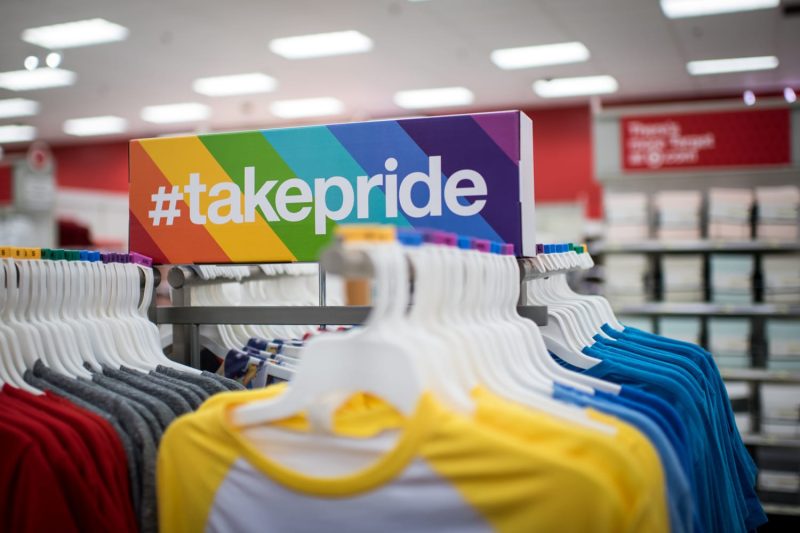The evolution of social consciousness has paved the way for significant progress in civil rights movements across the globe. The fight for equality and acceptance has led to the rise of various advocacy groups and initiatives aimed at promoting diversity and inclusion. One such movement is the LGBTQ+ rights movement, which has gained significant momentum in recent years.
In the quest for equality and representation, various organizations have emerged, contributing to the cause in their unique ways. One notable initiative that gained traction was the Corporate Equality Index (CEI), introduced by the Human Rights Campaign (HRC). The CEI aimed to rate corporations based on their LGBTQ+ inclusive policies and practices, providing a benchmark for companies to strive towards.
While initially praised for its efforts to promote LGBTQ+ rights in the corporate world, the CEI soon found itself at the center of controversy. The index, which once enjoyed support and recognition from big brands, suddenly became a target for conservative groups and individuals. This shift in perception has sparked a debate on the role of corporations in advocating for social issues and the intersection of politics and business.
Conservative critics argue that the CEI and similar initiatives are part of a broader woke culture that promotes liberal ideologies at the expense of traditional values. They view the push for LGBTQ+ inclusion in corporate policies as a form of political correctness that infringes on individual freedoms and beliefs. This perspective has fueled opposition to the CEI, leading some companies to distance themselves from the index and its implications.
On the other hand, supporters of the CEI argue that promoting LGBTQ+ inclusion in the corporate world is not only a matter of social justice but also makes good business sense. Research has shown that diverse and inclusive workplaces are more productive, innovative, and profitable. By integrating LGBTQ+ inclusive policies, companies can attract and retain top talent, improve employee morale, and enhance their reputation as socially responsible organizations.
The backlash against the CEI reflects a broader societal divide on issues of diversity, inclusion, and social justice. As the cultural and political landscape continues to evolve, the role of corporations in advocating for social change is under scrutiny. While some view corporate activism as a positive force for progress, others see it as a threat to traditional values and individual freedoms.
In conclusion, the war on woke and the backlash against initiatives like the Corporate Equality Index highlight the complex interplay between business, politics, and social issues. As corporations navigate these contentious waters, they must strike a balance between advocating for diversity and inclusion and respecting diverse perspectives and beliefs. Ultimately, the evolving dynamics of social consciousness in the corporate world will continue to shape the way businesses engage with important societal issues.

